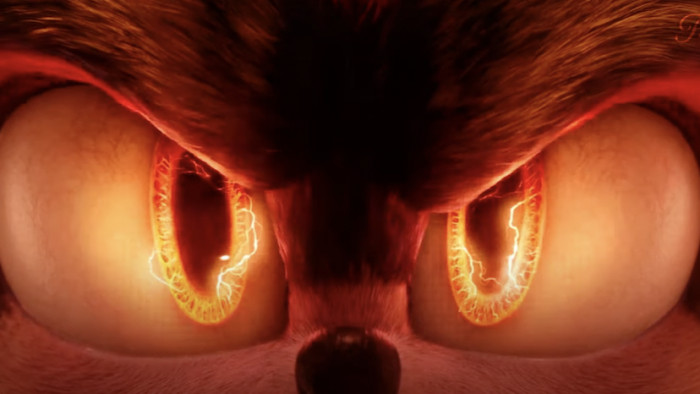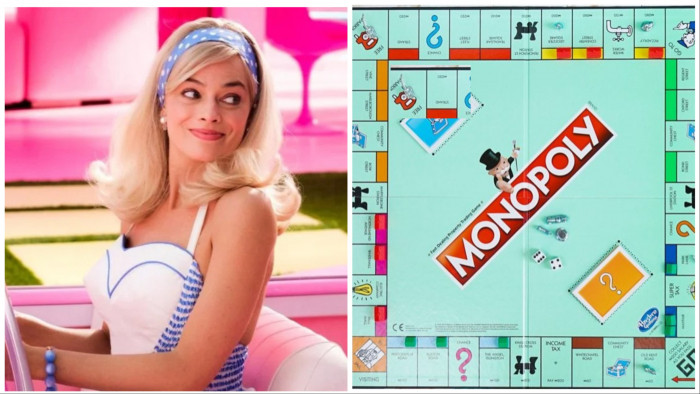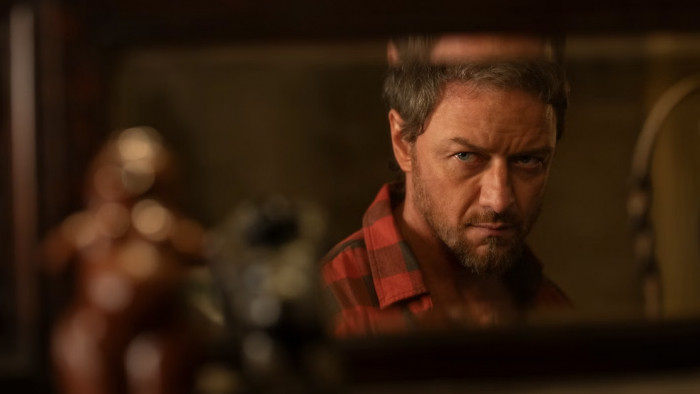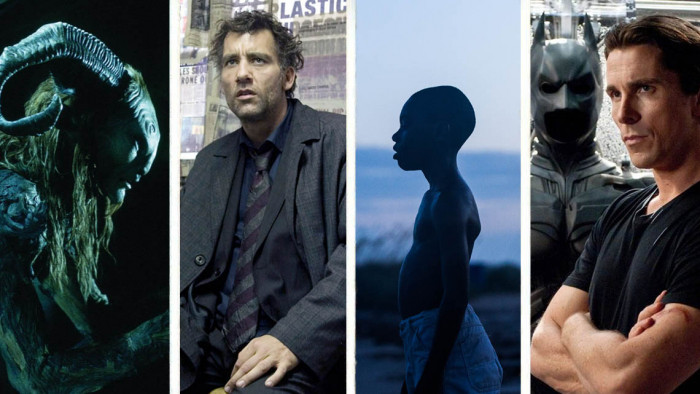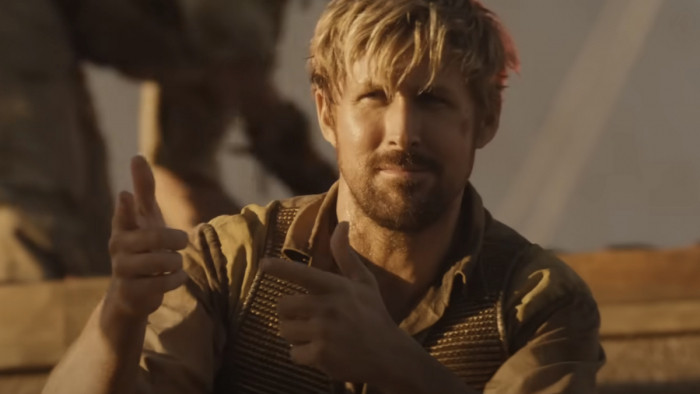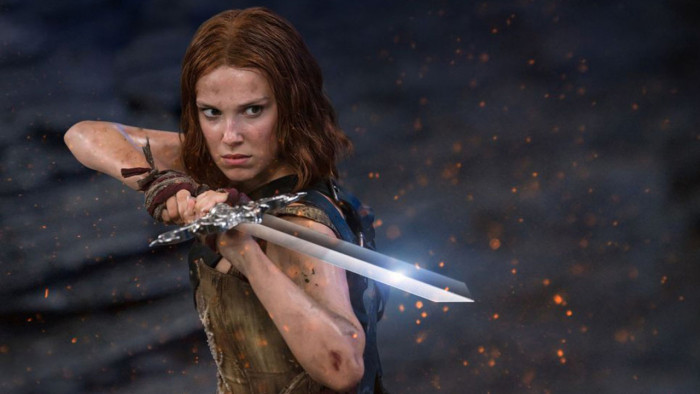Jon Favreau on the Marvel franchise, Swingers and his new foodie film, Chef.
In Chef you do a lot of tricky cooking on camera – did that take a lot of preparation?
When you actually talk to chefs and tell them you’re making a movie, a lot of them will roll their eyes, because there’s a cartoony version of what working in a kitchen is actually like. I partnered with a chef named Roy Choi who started the whole food truck movement in LA. He’s a French-trained chef, and he said he would help me but he really wanted to make sure we got it right.
Do you cook in real life?
I come from an Italian family, where there’s a sense that men should cook. There are firemen in my family who are chefs. I was sent to culinary school for an accelerated course, and then I started working in Choi’s kitchen. I spent a few months working as part of the staff there. It was great, it gave me a new set of life skills, but it allowed me to tell the story better as well. Other chefs who see [the film] give it the thumbs up, which is an added bonus.
Do US kitchens have the same macho, Gordon Ramsay-style culture that some British kitchens have?
Gordon Ramsay is fascinating. I looked at all his shows for research. You look at his early career, you see someone finding his voice – by all accounts a very fine chef, nobody disputes that, but he’s coming from the French kitchen brigade culture that could be pretty relentless. In the US there’s a new generation of chefs who don’t raise their voices, but the kind of standards Ramsay was so passionate about remain.
Chef – an independent ensemble drama – is a very different type of film to Iron Man. Did it feel hugely different to you?
It all stems from how much money you’re spending. You’ve got to make money back for the people that are investing in you – it’s not your dough. On small films, you just need to sell out a few theatres, because you’ve got video and DVD and VOD now, and you can sell in a few territories around the world. You have freedom to do whatever you want to do. That’s how I started with Swingers – there was no studio, we just did it for a small amount of money. But it’s all storytelling. With a film such as Iron Man, you have more tools available to you, but you’re trying to appeal to a large audience. With Chef, even if nobody went to see it, I think I could go back to my day job and I would be forgiven. I knew that there wasn’t a lot of pressure on me, so that allowed me to present a story that was particular to my taste. I had done a few TV pilots, where everybody scrutinises you – the end product is not necessarily one person’s vision.
As someone who’s involved with Marvel, what’s your take on Edgar Wright leaving Ant-Man?
Edgar’s a dear friend of mine – I was so looking forward to his version of Ant-Man. All Edgar’s films have been studio films, it’s not like he’s never made one before. I think he’s been used to a situation where he can have tremendous creative say around his story and casting, and Marvel has built an entire franchise around their style of telling stories. I know both parties well, and I respect his decision to see that he wasn’t going to be fulfilled in the process. That’s all I can really say.
Looking back, there was no guarantee that Iron Man would launch the Marvel franchise like it has. Did it feel like a gamble at the time?
The model was the Fantastic Four films with Fox. You were expected to spend a certain amount of money that would make you a certain amount of money back as long as the effects are good. They wanted to figure out a way to get the movie to audiences for a price. I think by casting Iron Man the way we did, it classed the brand up. It allowed us to bring a certain humorous tone that had been lost from, say, the Bond franchise. With Daniel Craig, those movies gained a harder edge, meaning there was definitely room for a new humorous cad adventurer. That archetype had not been filled in a long time. Through Iron Man, Marvel found its tone and voice, but nothing was expected of it. And then the success came, and then there was pressure to continue that brand, and that’s where it becomes more challenging.
You’re set to do a new version of The Jungle Book – will you be taking inspiration from the original Rudyard Kipling story, or the Sixties Disney film?
Kipling is the basis, because he nailed the mythology – getting back to the ancient myths that we see everywhere – like in Star Wars. But the ’67 animated film has wonderful tone and characters that we can hopefully recombine with Kipling, so it has a Disney feel to it. It’s a great way to use technology to tell the story in a way that hasn’t been done before. We can use computer graphics to tell a story that will go around the world. You can give a personal flavour to something that’s big, as long as you don’t jeopardise people’s ability to make money from it.
Chef is at cinemas nationwide from 27 June
(Image: Rex Features)
Latest
Related Reviews and Shortlists



